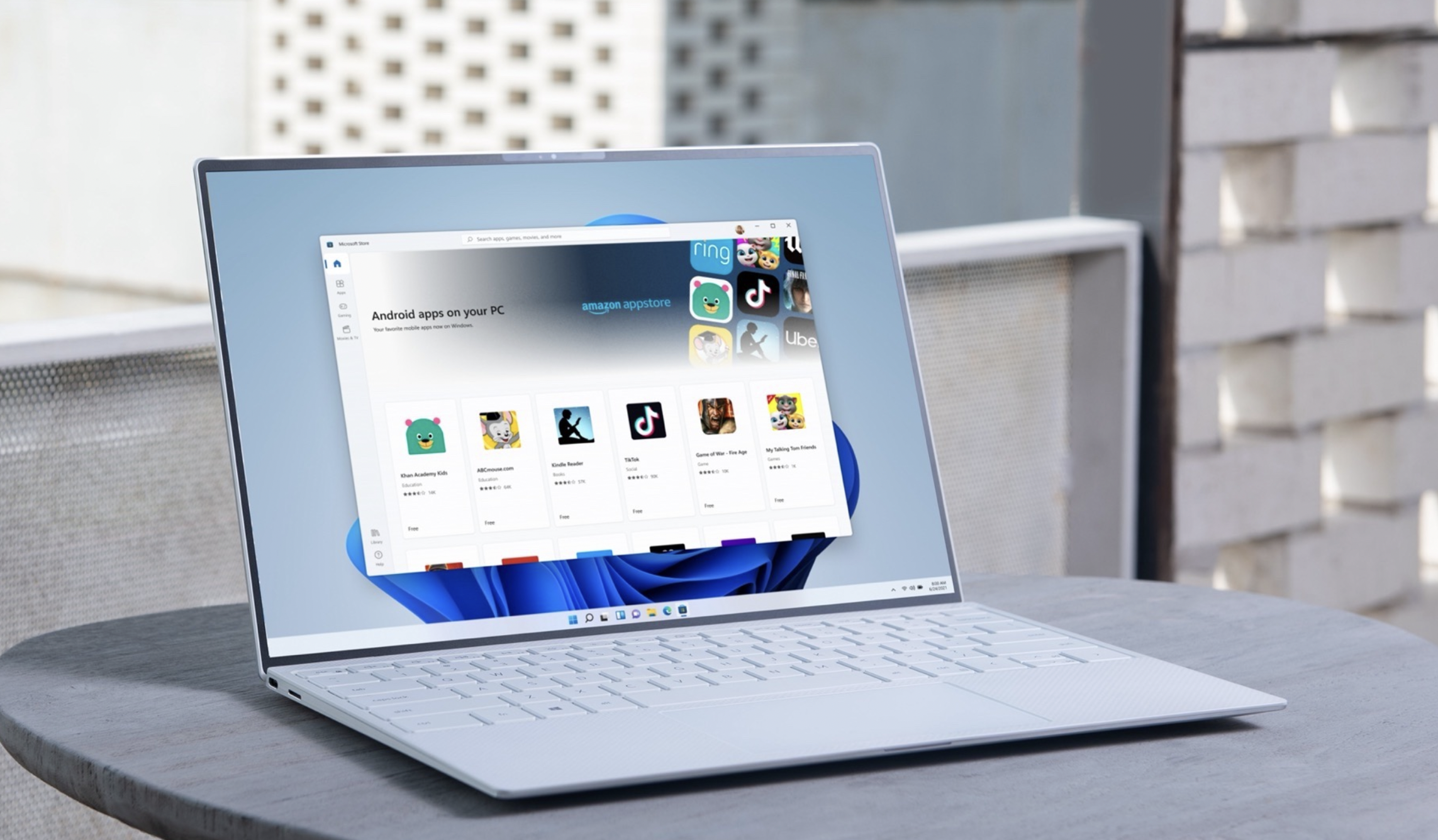
One of Windows 11’s biggest faults is the way it handles default apps. Changing the default browser in particular, and despite updates the whole process is still more complicated than it was on Windows 10. Thankfully, Microsoft is rolling out another update to make the process slightly less annoying.
Microsoft announced this change in a blog post, saying the company is “reaffirming [its] long-standing approach to put people in control of their Windows PC experience.”
Part of this involves offering a “common supported way” for developers to give users the ability to make that app a default. For users this means a new “settings deep link URI” designed to take you straight to the menu that lets you change your default apps. That should help save you a little bit of time, though it feels like Microsoft could be doing a little bit more.
It doesn’t look as though this update will bypass the need to change your app default for all the different file types that might be in use. Take your web browser, for instance: changing the default browser from Edge to Chrome means ensuring you switch the likes of HTTP, HTTPS and PDF files will all open in Chrome. Otherwise Windows will keep opening them in Edge, as if you hadn’t done anything.
That’s not to say this isn’t a welcome change. The fact that an app can take you straight down to the relevant part of the settings menu is going to speed up the process — even if it still isn’t as simple as it could be.
Microsoft also says that it’ll be giving users more control over which apps get pinned to their desktop, start menu and taskbar. That’s thanks to a new public API that will prompt users to grant this permission before software icons are pinned.
Microsoft noted that it wants to ensure user choice is respected, and is taking steps to prevent unsolicited modification from taking place. The company also claims that it will be doing more with this later this year, as developers get to grips with the new way of doing things.
Microsoft will also be leading by example, with Edge adopting these features when they become available. Both features will start rolling out in the coming months, starting with the Windows Insider Dev Channel. A public rollout will likely happen sometime later, though it isn’t clear when.







